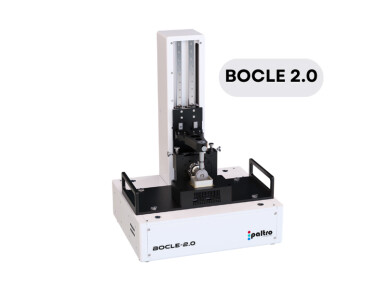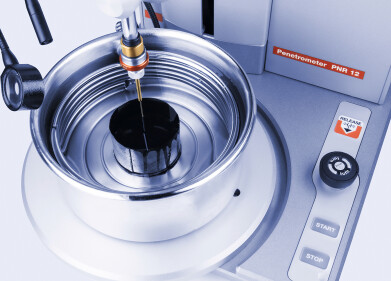Measurement and testing
The Right Analytical Sensors can Improve Gas Scrubber Efficiency
Mar 13 2013
In chemical plants, oil refineries and steel mills wet gas scrubbers play a significant role in preventing pollutants being released to the atmosphere. However, use of inappropriate analytical sensors compromises their efficiency potentially leading to breaches in regulations and damage to the environment. In a new white paper, Mettler Toledo (Switzerland) explains the importance of choosing the correct sensors in scrubber applications.
Many chemical and petrochemical processes produce gaseous emissions that contain polluting substances such as sulphur dioxide and hydrogen chloride. If released into the atmosphere these compounds would violate regulations and cause serious environmental damage as both are components of acid rain. They also may lead to corrosion and scaling of plant equipment, and hence costly maintenance. Therefore, units called wet gas scrubbers are used to remove them.
The principle of wet gas scrubbing is to bring the polluted gas into contact with a solution that contains reagents that absorb or "scrub" the unwanted compounds from the gas. This creates cleaner emissions that can be safely released. Efficiency of the process depends largely on the quality of the scrubbing solution. The liquid must contain a sufficient quantity of reagents to effectively absorb pollutants, but not an excessive amount as this would simply be a waste of chemicals. Monitoring the quality of the scrubbing solution is achieved with process analytical sensors that measure pH, oxidation reduction potential or conductivity, depending on the exact gases to be scrubbed.
Wet gas scrubbers are usually supplied with analytical sensors already in place. Unfortunately, it is often the case that the sensors are not robust enough to operate reliably in the harsh gas scrubber environment. Regular sensor replacement in order to maintain an accurate measurement can be very inconvenient, but this is a less severe problem than those caused by false readings from sensors. An erroneous measurement could result in gas not being sufficiently cleaned, meaning pollutants are being released and regulations breached. Alternatively, unnecessary amounts of costly reagents might be being used.
Mettler Toledo's white paper "You're Scrubbing, but Are You Clean?" discusses the above issues and outlines analytical sensor technology called Intelligent Sensor Management which, as a feature of Mettler Toledo's highly resilient analytical sensors, results in increased scrubber efficiency and reduced scrubber operating costs.
Digital Edition
PIN 25.6 Buyers' Guide
January 2025
Buyers' Guide Directory - Product Listings by Category - Suppliers Listings (A-Z) Articles Analytical Instrumentation - ASTM D7042: The Quantum Leap in Viscosity Testing Technology -...
View all digital editions
Events
Jan 25 2025 San Diego, CA, USA
SPE Hydraulic Fracturing Technology Conference and Exhibition
Feb 04 2025 The Woodlands, TX, USA
Feb 05 2025 Guangzhou, China
Trinidad and Tobago Energy Conference 2025
Feb 10 2025 Point Lisas, Trinidad
Feb 11 2025 Lagos, Nigeria



















